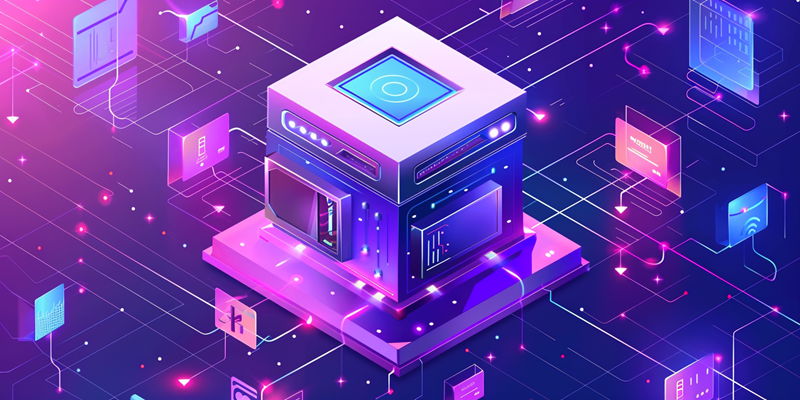DeDrive is at the forefront of the emerging data management landscape, redefining how we think about storing and controlling our digital assets. By leveraging a decentralized framework, DeDrive infuses the unalterable record-keeping of blockchain with the agility of distributed storage systems. This represents a significant shift from the centralized model of most cloud services, empowering users with direct control over their data.
What makes DeDrive unique is its seamless blend of the established internet, Web2, with the forthcoming Web3, based on blockchain principles. DeDrive smoothly bridges the gap between these web versions, making it user-friendly. This integration paves the way for smoother transitions and wider acceptance of decentralized storage methods.
DeDrive champions user-centric control in data storage, shining as a beacon for the future of personal and corporate data sovereignty.
Enhanced Security and Reliability
One of the most compelling advantages of DeDrive is its robust security framework. Centralized systems are notorious for being susceptible to attacks and outages—a risk substantially mitigated in decentralized networks where data is dispersed across multiple nodes. DeDrive capitalizes on this strength, offering a structure that is less prone to hacks and unauthorized access, thereby imbuing its users with confidence and assurance regarding the safety of their data.
The platform’s reliability is vouched for by a unique combination of assorted decentralized storage providers and established cloud services. This multifaceted approach ensures that DeDrive can offer consistent, unfaltering access to stored data. The amalgamation of these storage methods results in a solution that is not just secure against external threats, but also resilient in the face of potential system failures.
Simplified Data Sovereignty
DeDrive is revolutionizing how we handle digital assets, championing data sovereignty for users across the board. This platform is breaking away from conventional centralized systems, enabling people and businesses to take full charge of their digital content. Its user-friendly interface is a game-changer, drawing in both tech-savvy individuals and beginners, which paves the way for decentralized storage solutions to gain traction.
In today’s dynamic digital world, there’s a growing need for secure, adaptable storage that’s also straightforward to use. This is precisely what DeDrive brings to the table, tackling the shortcomings of existing cloud services while promoting user autonomy. As a leader in this transformative wave, DeDrive is carving out what the future of data storage looks like—a future where owning and controlling one’s data is of the utmost importance.

